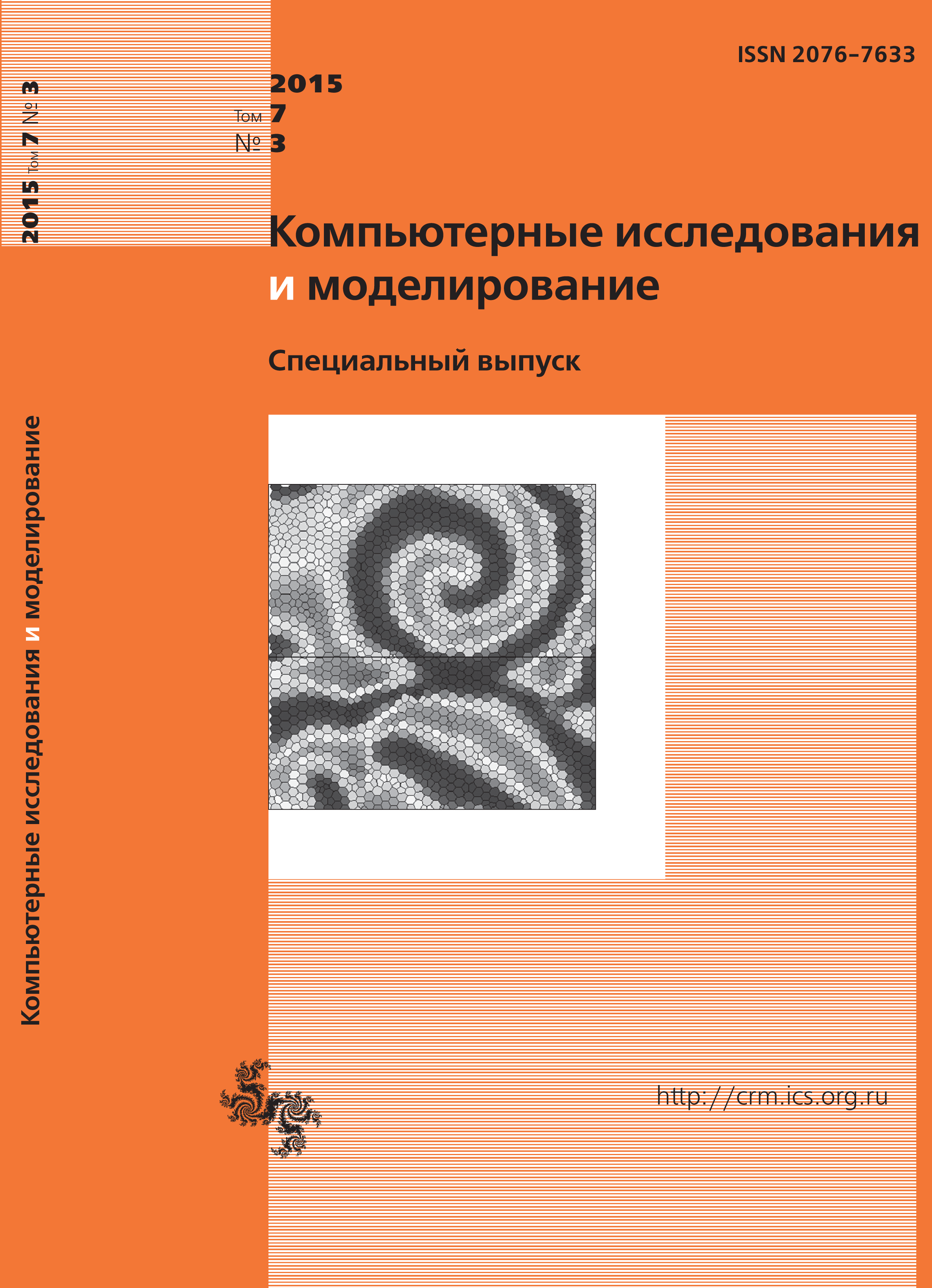All issues
- 2024 Vol. 16
- Issue 1 (special issue)
- 2023 Vol. 15
- 2022 Vol. 14
- 2021 Vol. 13
- 2020 Vol. 12
- 2019 Vol. 11
- 2018 Vol. 10
- 2017 Vol. 9
- 2016 Vol. 8
- 2015 Vol. 7
- 2014 Vol. 6
- 2013 Vol. 5
- 2012 Vol. 4
- 2011 Vol. 3
- 2010 Vol. 2
- 2009 Vol. 1
The development of an ARM system on chip based processing unit for data stream computing
Modern big science projects are becoming highly data intensive to the point where offline processing of stored data is infeasible. High data throughput computing, or Data Stream Computing, for future projects is required to deal with terabytes of data per second which cannot be stored in long-term storage elements. Conventional data-centres based on typical server-grade hardware are expensive and are biased towards processing power. The overall I/O bandwidth can be increased with massive parallelism, usually at the expense of excessive processing power and high energy consumption. An ARM System on Chip (SoC) based processing unit may address the issue of system I/O and CPU balance, affordability and energy efficiency since ARM SoCs are mass produced and designed to be energy efficient for use in mobile devices. Such a processing unit is currently in development, with a design goal of 20 Gb/s I/O throughput and significant processing power. The I/O capabilities of consumer ARM System on Chips are discussed along with to-date performance and I/O throughput tests.
Indexed in Scopus
Full-text version of the journal is also available on the web site of the scientific electronic library eLIBRARY.RU
The journal is included in the Russian Science Citation Index
The journal is included in the RSCI
International Interdisciplinary Conference "Mathematics. Computing. Education"







